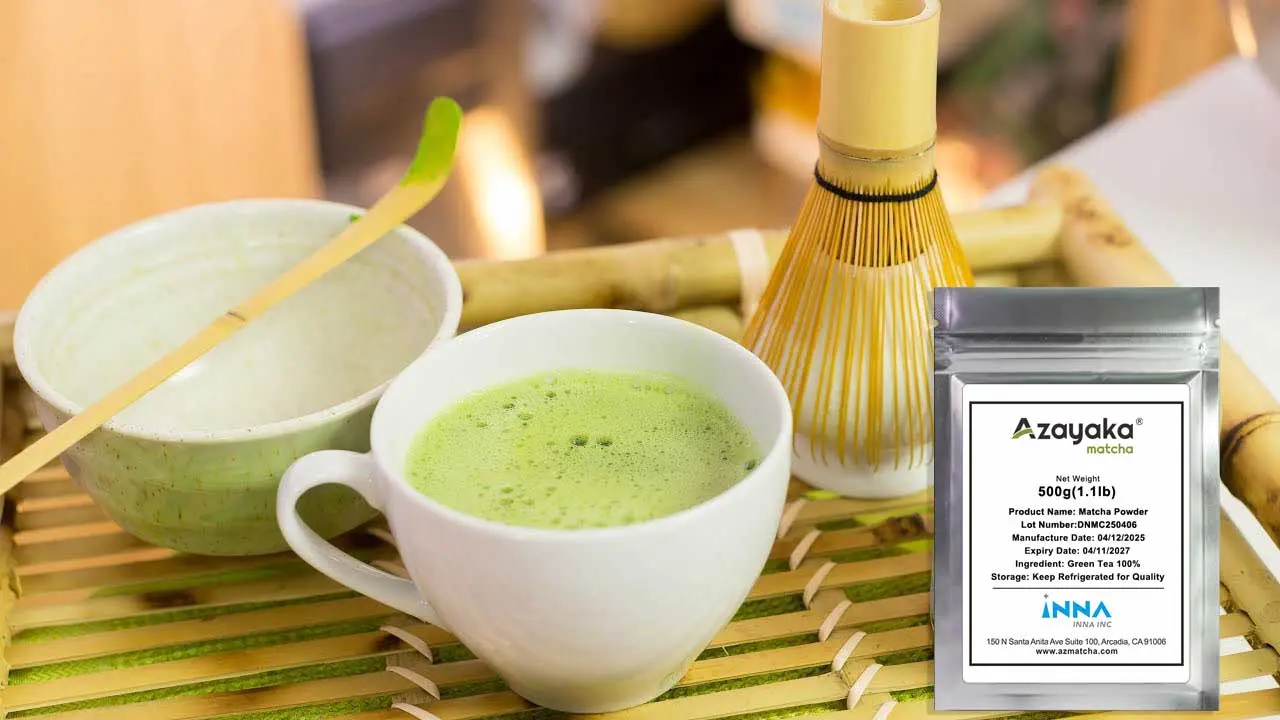
Matcha: A Timeless Green Powder That’s Taking Over
If you’ve been keeping up with food trends in the last few years, there’s one ingredient you simply can’t ignore: matcha. From lattes to smoothies, cakes, and even skincare products, this vibrant green powder has become a global sensation. But what’s behind this surge in popularity? Why is everyone obsessed with matcha now?
Let’s take a closer look at the history, health benefits, and cultural aspects that have made matcha such a powerhouse in modern food and wellness circles.
The Ancient Origins of Matcha
Matcha, a powdered green tea, has roots that stretch back over 1,000 years to China, but it was Japan that really perfected its use. It became the centerpiece of Japanese tea ceremonies, where the powdered tea was whisked into a frothy, vibrant green drink, signifying respect and tranquility.
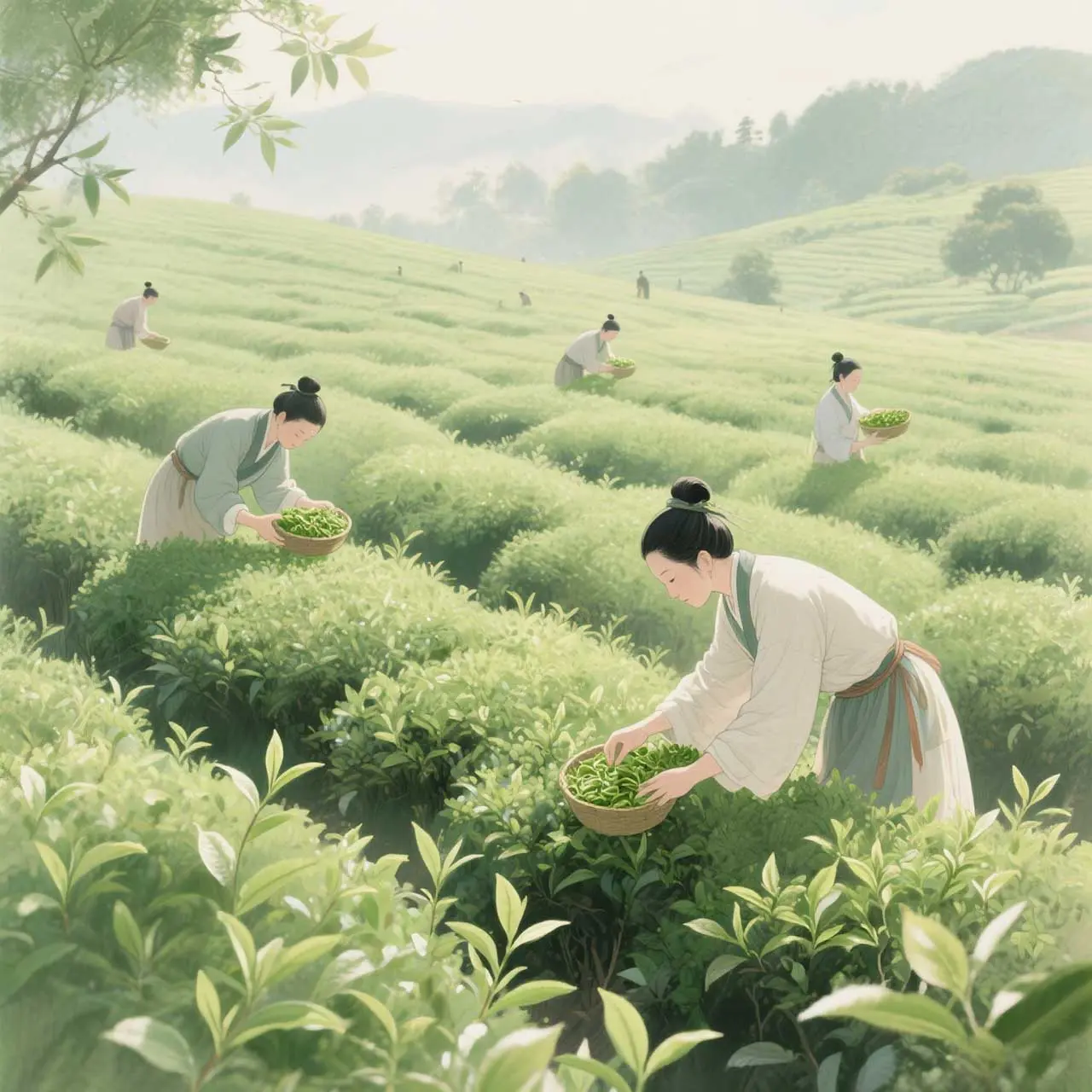
However, matcha’s deep connection to Zen Buddhism and meditative rituals was a closely kept secret for centuries. It wasn’t until the last few decades that matcha began to make waves outside of Japan, particularly as global interest in Japanese culture grew.
Health Benefits: More Than Just a Trend
One of the main reasons people are flocking to matcha today is because of its impressive health benefits. Unlike regular green tea, where the leaves are steeped in hot water and discarded, matcha is made from whole tea leaves that are ground into a fine powder, which means you consume the entire leaf, giving you a much higher concentration of nutrients.
Here are some of the key health benefits of matcha:
- Rich in Antioxidants: Matcha is packed with catechins, a type of antioxidant that helps to fight free radicals and inflammation in the body.
- Boosts Metabolism: Studies suggest that matcha can help boost metabolism and promote fat burning, making it a popular choice for those looking to maintain or lose weight.
- Improves Focus and Calmness: Matcha contains L-theanine, an amino acid that promotes a sense of calm and clarity, without the jittery effects of caffeine. Many people find that drinking matcha gives them a more stable and sustained energy boost compared to coffee.
- Detoxification: The chlorophyll in matcha helps detoxify the body by flushing out toxins and heavy metals.
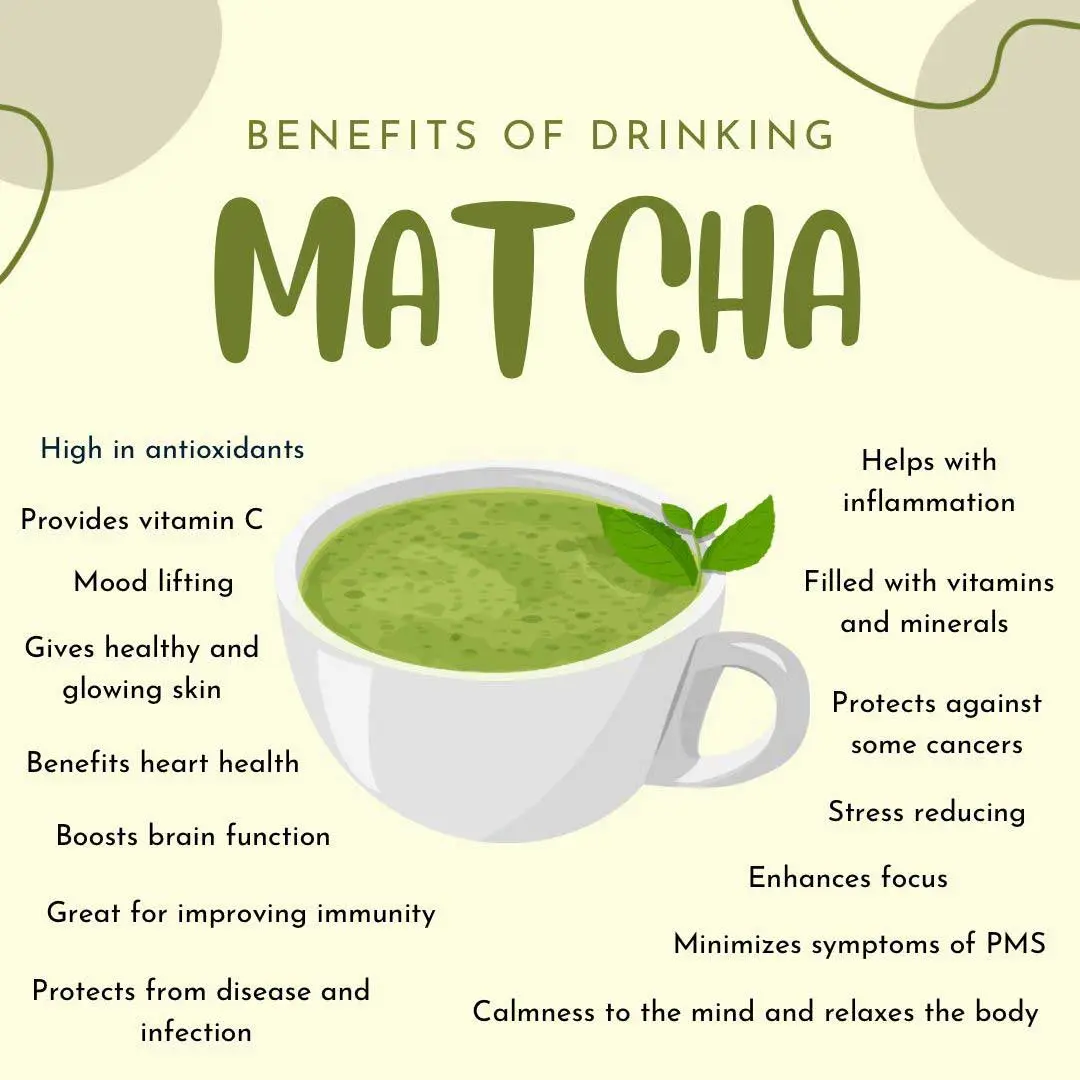
Matcha as a Mindful Ritual
Another reason matcha is making waves is that it’s not just a drink—it’s an experience. The act of preparing and drinking matcha connects you to a sense of mindfulness and ritual, which resonates deeply in today’s fast-paced, overstimulated world.
Whisking the powder into a frothy beverage, whether hot or iced, has become a form of self-care for many. The process of preparation itself can be therapeutic, giving people a quiet moment to connect with themselves and their surroundings. In a world full of distractions, matcha offers a pause, a moment of calm.
Matcha in the Modern World: A Cultural Fusion
What’s particularly interesting about the rise of matcha is how it has been seamlessly integrated into Western food culture. You can now find matcha-flavored everything, from lattes and ice creams to cookies, cakes, and even matcha-infused skincare products.
- Matcha Lattes: This trendy drink has become a go-to for many, offering a more complex flavor than regular coffee, as well as a smooth, creamy texture that pairs perfectly with plant-based milks.
- Desserts: Matcha’s earthy, slightly bitter taste makes it a perfect match for sweet treats like cakes, macarons, and brownies, giving them a unique flavor profile.
- Beauty and Skincare: Matcha’s antioxidant properties are also prized in the beauty world. From face masks to creams, matcha is touted for its ability to rejuvenate skin and fight signs of aging.
By incorporating matcha into different aspects of our lives, it’s no longer just a drink you enjoy—it’s part of a larger lifestyle shift toward wellness, mindfulness, and cultural appreciation.

Matcha as a Symbol of Wellness and Mindfulness
The wellness world has long been dominated by the likes of yoga, meditation, and clean eating. Matcha fits perfectly into this culture as a symbol of holistic well-being, offering not only a physical boost but also mental and spiritual balance. People are seeking to nourish both their bodies and minds, and matcha has become a go-to ingredient in this pursuit.
Plus, with the rise of social media influencers and health bloggers who swear by its benefits, it’s no wonder that matcha is now a cultural phenomenon. The visually striking green powder, often paired with aesthetically pleasing photos of matcha lattes or desserts, has become Instagram-worthy, making it just as much about the experience as it is about the health benefits.
A Trend with Staying Power
While trends come and go, it’s clear that matcha is here to stay. With its rich history, numerous health benefits, and integration into modern wellness practices, matcha isn’t just a passing trend—it’s a movement.
Whether you’re sipping a matcha latte on your way to work or using matcha-infused skincare products to unwind, this green powerhouse offers much more than a fleeting trend. It’s a lifestyle—a way to nourish your body, calm your mind, and appreciate the little things in life.
So next time you see someone sipping on a matcha latte, just know: It’s not just about the green color or the flavor—it’s about embracing a culture of mindfulness, wellness, and tradition.
Are you ready to hop on the matcha bandwagon? 🌱


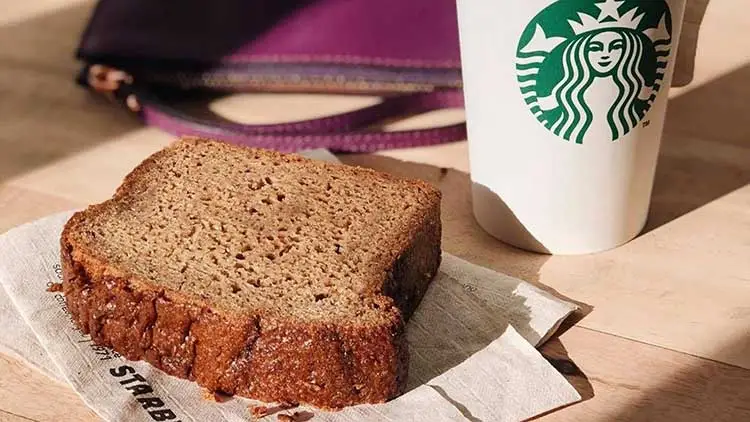
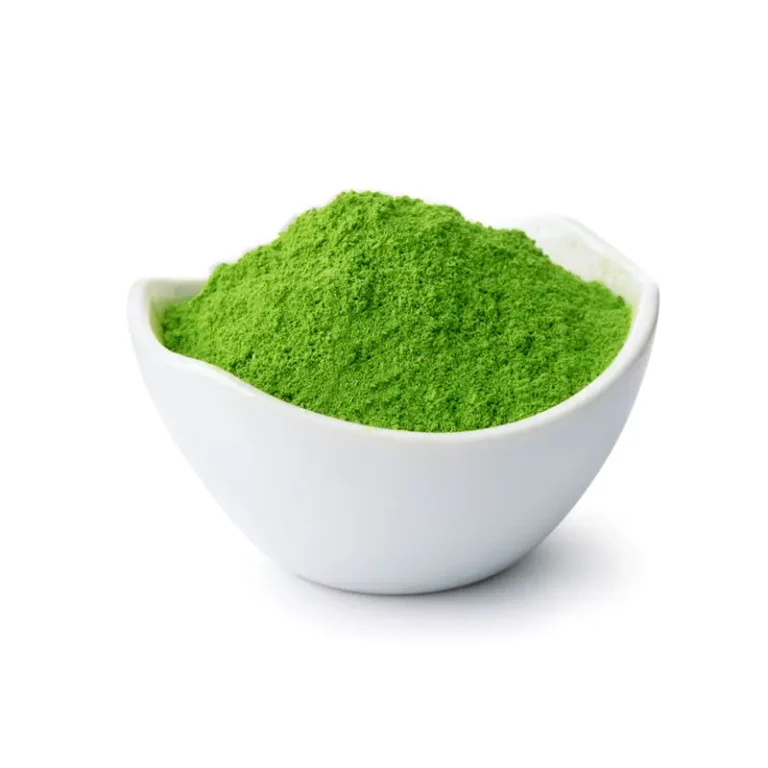
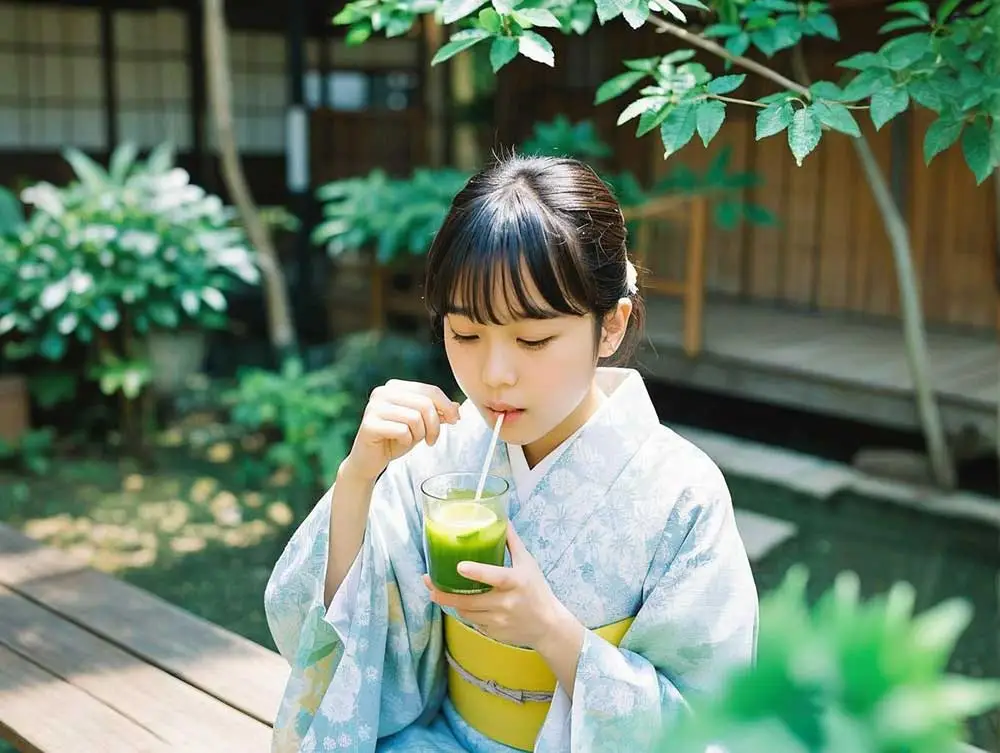
Great explanation for beginners. Easy to read. After this, I started using matcha in smoothies — game changer!
The cadence of your language feels organic, like footsteps across soft ground. Ideas rise gently, settle naturally, and remain in memory, not as arguments but as companions for thought and contemplation.
Your words feel like a conversation with an old friend — intimate, thoughtful, and deeply human.
Loved this matcha post! Kept it simple, no fancy stuff—just why we’re all obsessed: no jitters like coffee, looks great for pics, and you can use it in so much. Super straightforward, made me wanna grab a matcha latte ASAP
On a cold winter day in London, customers are queuing up at a small outlet of the coffee chain Blank Street. You might expect them to opt for a warm cappuccino, but many are ordering iced matcha lattes, which come in green, creamy (white chocolate-flavored), or purple (blueberry-flavored) varieties. People’s obsession with matcha has reached the point where they’re willing to risk frostbite. Blank Street claims that its more than 80 stores in the UK and the US sell some kind of matcha drink “every four seconds” (though it declines to disclose specific total sales figures).
Been obsessed with matcha since my Kyoto trip, and I liked how this post balanced hype with facts. So many articles oversell its ‘health perks,’ but this one explains the science without BS. The breakdown of grades (ceremonial vs. culinary) was super helpful—I’ve been buying the wrong stuff this whole time! Finally get it, thanks.
Loved this deep dive into matcha’s popularity! I’ve been drinking matcha lattes for months but never knew the science behind why it gives steady energy (thanks for explaining L-theanine + caffeine!). The part about its culinary versatility also made me want to try baking matcha cookies this weekend. Super informative and easy to read—saved it to share with my matcha-obsessed roommate!
This blog’s interpretation of the matcha craze is truly brilliant. Whether you are a novice interested in matcha or a seasoned “matcha enthusiast,” you can gain valuable information from it—it is an excellent piece well worth savoring carefully.
Is it just me, or did matcha blow up after that TikTok trend with the matcha lattes and those ‘aesthetic morning routines’? I jumped on it because, let’s be real, my morning routine needed a glow-up. Turns out, I actually like the taste—especially with a splash of oat milk. Though I’ll admit, I’ve bought some pretty sketchy matcha off Amazon that tasted like dirt. Pro tip: splurge a little on the good stuff. Your taste buds will thank you.
I just started drinking matcha recently, and I can totally see why it’s so popular! From matcha lattes to matcha ice cream, it’s hard not to get hooked. The health benefits mentioned in the article really motivate me to drink more matcha!
Bài viết này giải thích lý do tại sao mọi người lại say mê matcha hiện nay rất dễ hiểu và chi tiết. Mình thích cách tác giả đưa ra những lợi ích sức khỏe của matcha và cách nó trở thành một phần của văn hóa hiện đại. Thực sự rất hữu ích cho những ai mới bắt đầu tìm hiểu về matcha và muốn biết tại sao nó lại phổ biến như vậy.
I used to think matcha was just another Instagram trend, but after trying it for a week I totally get the hype. No caffeine jitters, just smooth energy all day
My roommate got me hooked on matcha lattes. Now I even bake matcha cookies—green never tasted so good!
I love how matcha feels cleaner than coffee. Also, the bright green color just makes mornings feel a bit more cheerful.
I love how matcha feels cleaner than coffee. Also, the bright green color just makes mornings feel a bit more cheerful.
Loved this post! Matcha really has taken over my feed — and now my pantry 😂. Appreciate how you broke down not just the health benefits, but the cultural roots too. Keep it coming!
Wow, I didn’t realize matcha was this interesting—I actually want to try it now!
I used to think matcha was just another health trend, but after reading this blog, I finally understand why everyone’s raving about it. The breakdown of the benefits and cultural roots made it feel way more meaningful. Already ordered my first ceremonial-grade tin!
Loved how this article didn’t just talk about health benefits, but also explained how matcha is made and why quality matters. I’ve been drinking lattes without even realizing there’s a big difference between grades!
As someone from Japan, I appreciated the respectful tone this blog used toward matcha’s heritage. It’s refreshing to see Western blogs not just treat it like a trendy superfood. Subscribed!
This article actually made me switch from coffee to matcha. I feel less jittery, and it’s become a whole little self-care ritual every morning. Thank you for writing it in such an approachable way!
I’ve always liked green tea, but matcha is on another level — the flavor, the health benefits, and even the ritual of making it feels so calming. After reading this blog, I finally understand why everyone’s hooked! Thanks for breaking it down so clearly.
Great read! I started adding matcha to my smoothies a few months ago and noticed a real difference in my energy levels. No more afternoon crashes! Love that it’s healthy and trendy.
I run a small café and matcha lattes are suddenly our best seller! This article helped me understand the deeper appeal — especially the cultural and health aspects. Thinking of adding ceremonial grade matcha to the menu now!
Matcha saved me from my coffee addiction. No jitters, no crash, just calm focus. Loved the section about L-theanine — I never knew the science behind it until now.
I used to think matcha was just Instagram hype… but this blog actually changed my mind. Gonna give it a real try now, especially for the mental clarity part. Appreciate the no-BS explanation!
Great read! I started adding matcha to my smoothies a few months ago and noticed a real difference in my energy levels. No more afternoon crashes! Love that it’s healthy and trendy.
This post perfectly sums up why matcha has become such a big deal lately. As someone who recently switched from coffee to matcha, I really relate to the part about the “calm focus” — no more jittery afternoons! Also appreciate how you covered both the health benefits and the cultural side. It’s not just a trend, it’s a lifestyle. Subscribed for more!
Love this article! I’ve seen matcha everywhere on Instagram and TikTok, but this blog helped me understand why it’s more than just a trend. The explanation about L-theanine and the calm energy really makes sense—I’ve been drinking it daily and feel a big difference from coffee. Thanks for making it easy to understand even for newbies like me 💚
This article totally speaks to me! I started drinking matcha during the pandemic and never looked back. The calm energy it gives is so real, and I love how you explained the L-theanine part clearly. Also, I had no idea matcha had 10x more antioxidants than green tea—wow! Thanks for making this both fun and informative 🌿